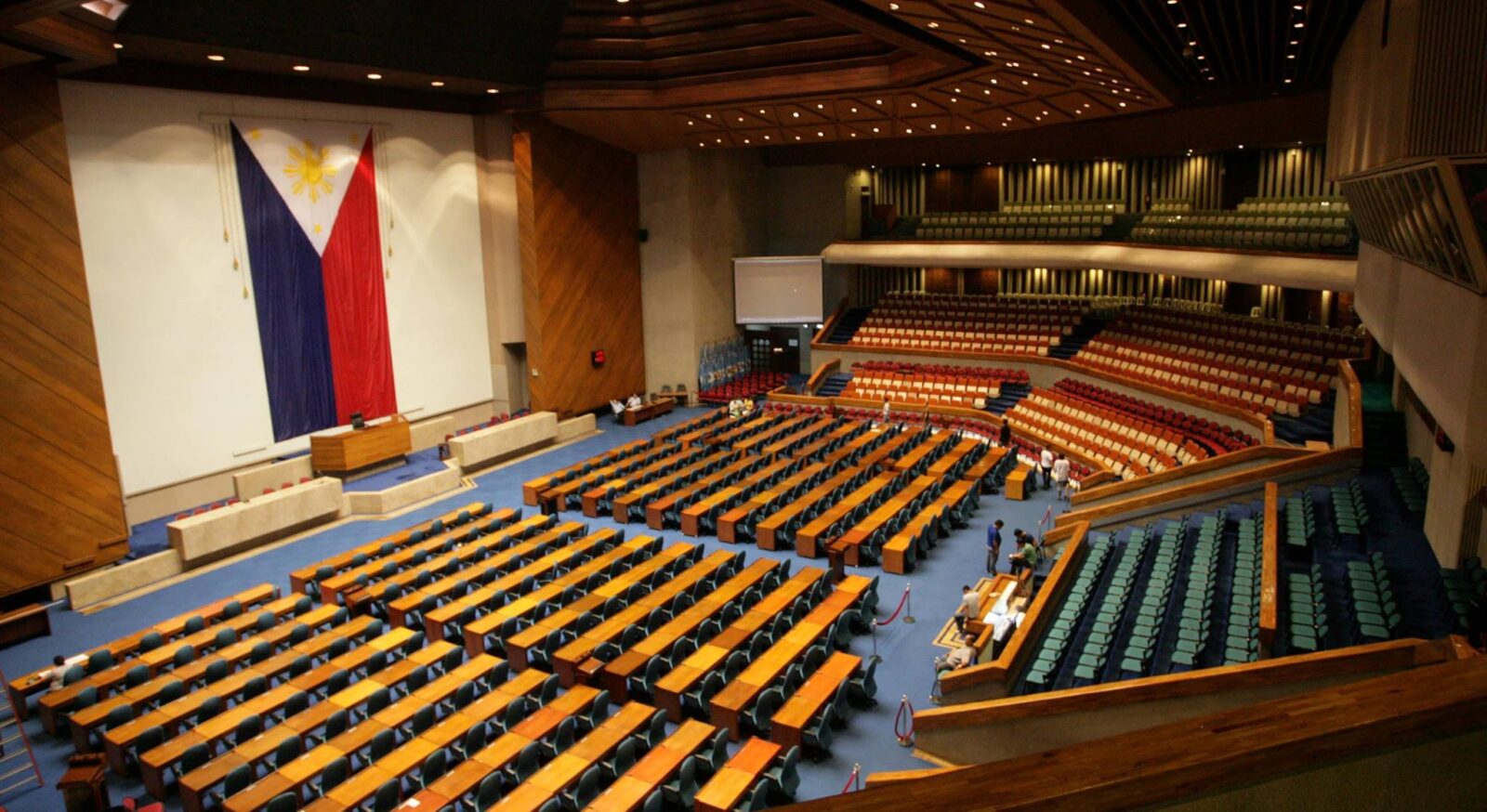Charter change bid alive again in House

The issue of Charter change (Cha-cha) has been revived in the House of Representatives with the filing of a proposal on Tuesday to amend certain provisions of the 1987 Constitution, particularly those regarding national territory and the economy.
Resolution of Both Houses (RBH) No. 1, which was filed by Ako Bicol party list Rep. Alfredo Garbin Jr., seeks amendments to Articles 1 (National Territory), 12 (National Economy and Patrimony), 14 (Education, Science, Technology, Arts, Culture and Sports) and 16 (General Provisions).
In an interview at the Batasang Pambansa, Garbin said that RBH 1 is almost similar to what was filed and approved in the 18th and 19th Congresses, which focused on amending the restrictive economic provisions in the constitution.
“But this time around, RBH 1 includes the amendment to Article 1, which is the National Territory. So we propose that the provisions of the Constitution, specifically Article 1, should conform to the United Nations Convention on the Law of the Sea,” he added.
According to Garbin, he wants to incorporate the award from the Permanent Court of Arbitration in 2016, which stated that the Philippines has exclusive rights over its waters, invalidating China’s nine-dash line territorial claim for lack of legal and historical basis.
“The National Territory definition is silent on the exclusive economic zone and the continental shelf that we won in the arbitral tribunal. We should enshrine it in our constitution,” he said.
Article I states that the country’s national territory includes the “Philippine archipelago, with all the islands and waters embraced therein, and all other territories over which the Philippines has sovereignty or jurisdiction […] including its territorial sea, the seabed, the subsoil, the insular shelves and other submarine areas” and the “waters around, between, and connecting the islands of the archipelago, regardless of their breadth and dimensions.”
“Though it also speaks of all other territories over which the Philippines has sovereignty or jurisdiction, which might arguably include the exclusive economic zone, but in my humble view, it is much better that we should expressly incorporate the exclusive economic zone of our 1987 Constitution,” Garbin explained.
Long overdue
Changes to the economic provision, on the other hand, are already long overdue, he said.
According to the lawmaker, they would like to add the phrase “unless otherwise provided by law” to provisions so that opening an industry to foreign ownership can be done through bills passed by Congress.
“We have a constitutional injunction regarding the foreign equity participation in different sectors of our economy, and particularly the past two Congresses have approved this but sadly, the proposals are frustrated upon arrival at the Senate, but Articles 12, 14 and 16 of the 1987 Constitution should also be amended by incorporating therein the “unless otherwise provided by law (phrase),” he said.
“In Article 12, [it refers to] the exploration, development and utilization of our natural resources, including the transfer and conveyance of private lands, and the ownership and operation of public utilities. Look at us now, do we have fast trains or bullet trains? Are our [telecommunication firms] okay? […] These restrictive economic provisions only resulted in monopoly or oligopoly and do not favor competition,” he added.
Responsive charter
According to Garbin, the constitution should be a “living and breathing one”—and therefore, must adapt to the changes in a modern world.
“Maybe our constitution is the only one that has these provisions because our neighboring countries have already shunned [them] because they legislate the same. Meaning their Congress was able to respond to the needs of time, and one of the hallmarks of an ideal constitution is really one that can respond to the needs of time […] We should have a living and a breathing constitution,” he added.
“There’s so many issues that have to be tackled, but once and for all, we really just need to sit down and talk about it. Because 38 years have passed and our constitution is not written in stone. It is not like the 10 Commandments, and this is not an infallible instrumental manifest destiny that cannot be edited,” he added.
In March last year, RBH No. 7 was approved by the House, which seeks to amend the constitution by easing its restrictive economic provisions.
A counterpart measure was also filed in the Senate, RBH No. 6, but it was not addressed before the 19th Congress ended.

















